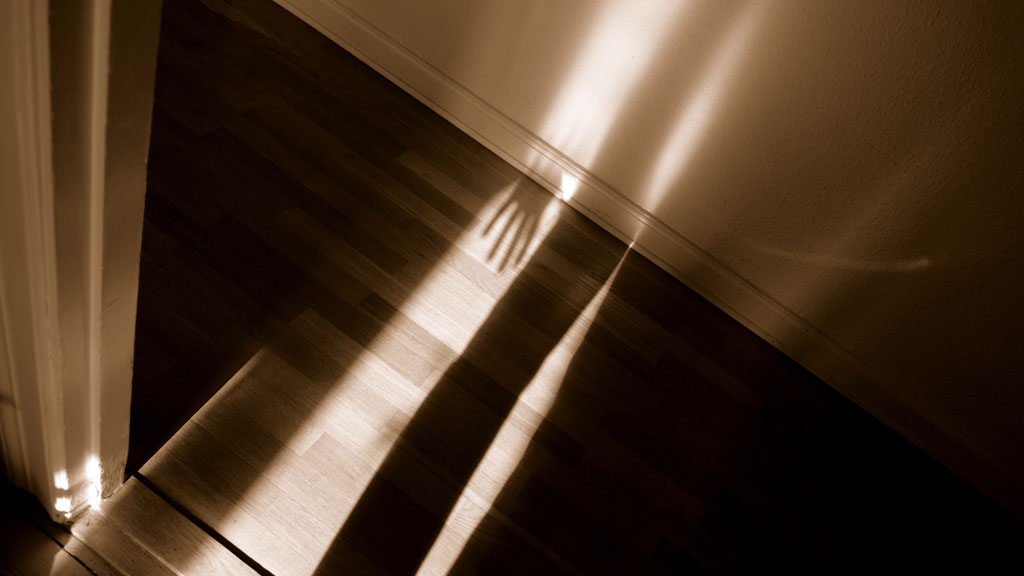When slaves go free: how to empower victims of slavery
As details emerge over the rescue of three people held captive in south London, Channel 4 News looks at how the first steps to freedom can shape a victim’s life.

Two people were released on bail on Friday after police rescued three the alleged victims of domestic slavery, including a 30-year-old woman who had spent her whole life in servitude.
Two 67-year-olds – not British nationals – were arrested at the house early on Thursday morning as part of an investigation into slavery and domestic servitude.
The three women kept captive were described as “deeply traumatised”.
Detective Inspector Kevin Hyland said the entire human trafficking unit – 37 officers – is now working on this investigation.
Specially trained officers are working with the women to try to understand their lives over the last 30 years or more, he said.
DI Hyland said the women are in the care of a specialist non-governmental organisation.
“Whilst we do not believe that they have been subjected to sexual abuse, we know that there has been physical abuse, described as beatings.
“However there is nothing to suggest that the suspects were violent to others outside of the address,” he said.
Low self-esteem
Dr Jennifer Wild, a consultant clinical psychologist at Oxford University, told Channel 4 News that the women would be feeling “excited and elated” immediately after being rescued.
“But then the hard part starts,” she added.
Experts say the “golden hour” – the delicate moments after a suspected victim has been released – is very important.
“These women will have low self-esteem. If they have been institutionalised, they might suffer from a trauma, depression and will need help to adjust to society.”
Anne Read, the Salvation Army’s anti-trafficking response co-ordinator, told Channel 4 News that the victims will unable to make any decisions independently.
She said: “One of the first things they will be trying to do is give these women back a sense of sense of worthiness by empowering them.
“Victims of modern slavery are powerless, unable to make any decisions by themselves. Every decision would have been made for them. What this case does do, is highlight the case of modern slavery to the general public.”
‘Forced labour’
Scotland Yard said one of the victims contacted the support organisation Freedom Charity on 18 October to say she had been held against her will for more than 30 years, after she saw founder Aneeta Prem on television.
Emma Stone, director of policy and research at Joseph Rowntree Foundation, told Channel 4 News that the women would have been “very brave” to call out for help.
She said: “It’s important to point out that ‘forced labour’ doesn’t necessarily mean confinement or imprisonment. Many in these situations may be not be able to support themselves, or even prove who they are.
“Their exploiters may have harmed or threatened them, not paid them, or kept them in debt which they can’t repay. This is the extreme end of labour exploitation.”
Ms Stone added: “Forced labour in the UK is hidden. Victims may be terrified to come forward out of fear of what will happen if they do, and out of ignorance of who they can turn to. Research we have funded suggests the scale of the problem is bigger than any of us would want to imagine.
“There may be many thousands in forced labour situations – some in domestic servitude, others in food, construction, cleaning and care.”
Modern slavery bill
MP Frank Field, chairman of the modern slavery bill evidence review and vice-chairman of the Human Trafficking Foundation, described the victims as “brave”.
He said: “People need to understand that these aren’t one-off cases – modern slavery is alive and well in Britain, and needs to be stopped.
“We need police forces to be working much more closely with local non-government organisations, such as Freedom Charity, to help raise awareness and spot the signs of this evil, which is taking place right under our noses.
“It was incredibly brave for one of the victims to call for help – much more needs to be done to help victims come forward.”